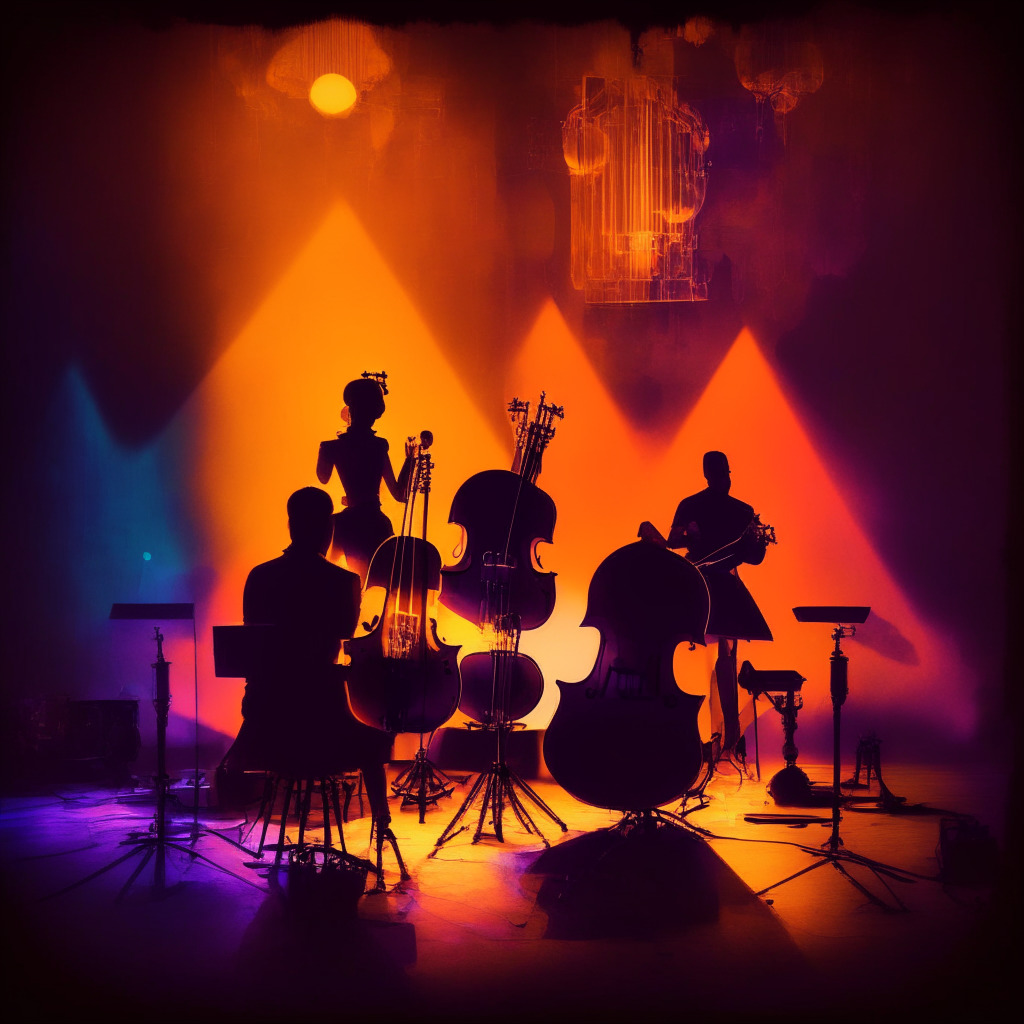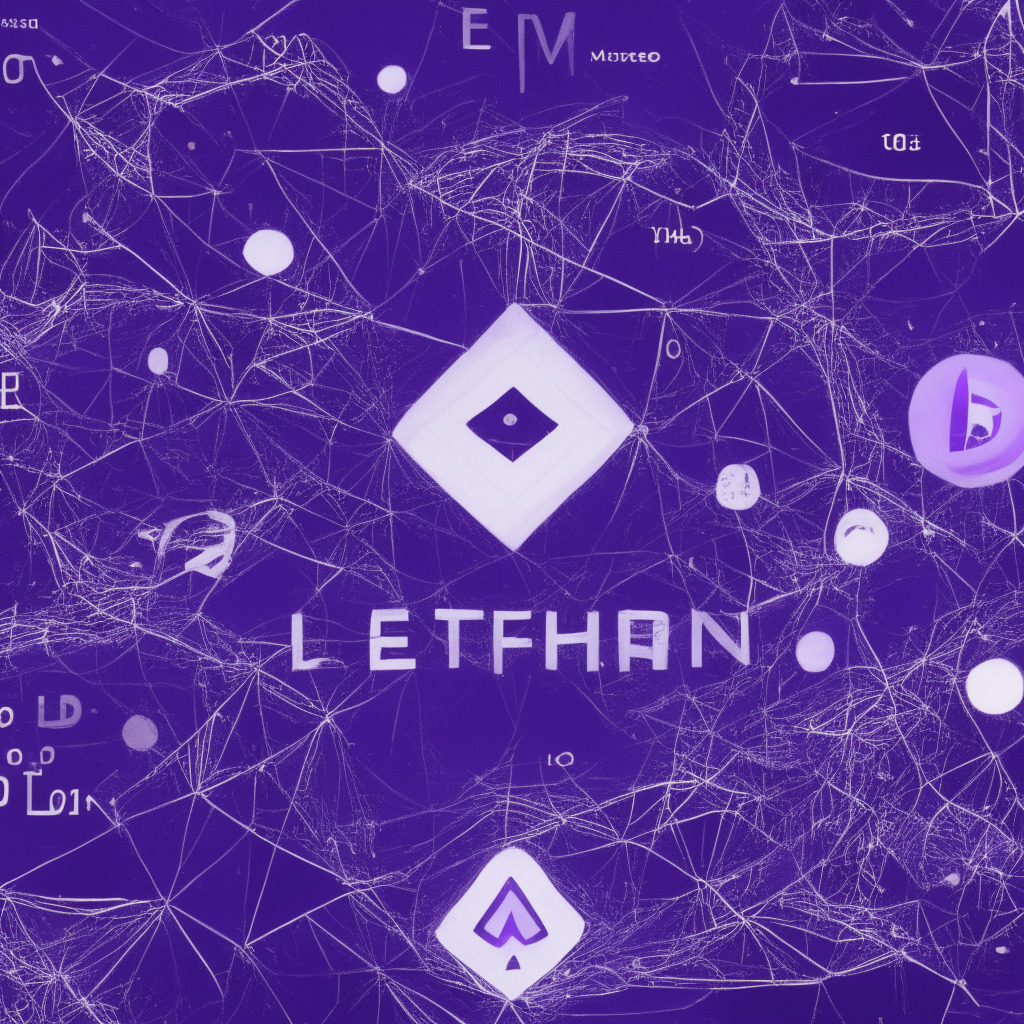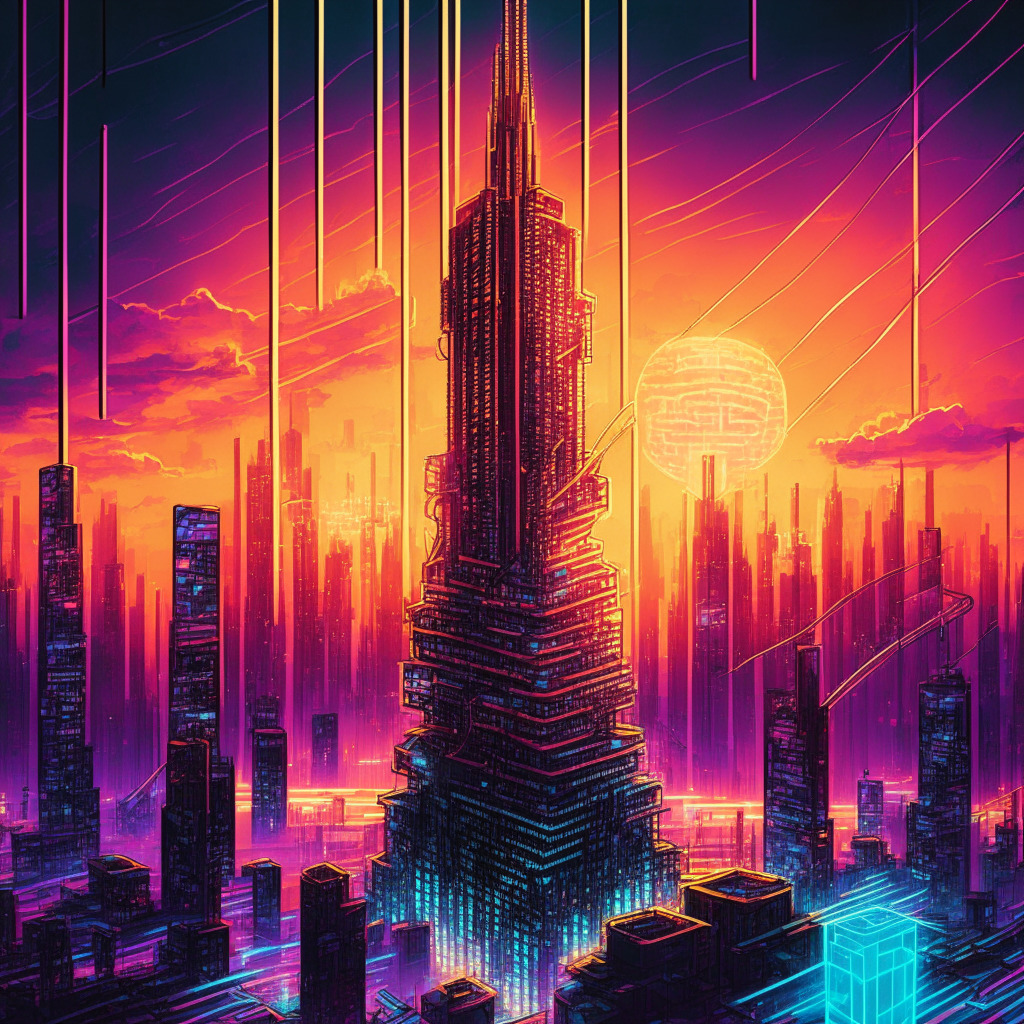The introduction of AI-generated music and its integration with the creative world has been progressing at a rapid pace, and now its impact reaches one of the most prestigious music award ceremonies, the Grammy Awards. In fact, the Recording Academy has updated the rules for the 2024 Grammy Awards to include music created with the assistance of AI tools. According to the new rules, AI-assisted music will be considered, as long as “the human authorship component of the work submitted must be meaningful and more than de minimis.” However, songs containing “no human authorship” will not be eligible for any category.
The purpose of this change, as explained by Recording Academy CEO Harvey Mason Jr. in a news post, is to allow AI music and content to be submitted while ensuring that the Grammy Awards are only awarded to human creators who have contributed creatively in the appropriate categories. This ensures that talented artists utilizing AI tools do not miss out on the opportunities provided by these prestigious awards.
Although the decision to include AI-assisted music for Grammy awards appears progressive, it also raises some concerns. By opening the door for AI-generated content, the Recording Academy may inadvertently facilitate unfair competition between human artists and algorithms that can churn out countless songs in a matter of hours. Additionally, as AI continues to advance, it becomes more challenging to draw the line between true creativity and computer-generated works. This presents a major challenge, not only to awarding committees but also to the industry as a whole which now confronts the ethical dilemma posed by AI music.
On the other hand, the integration of AI in the music industry has also seen positive effects. Artists like British indie band Breezer and musician Grimes have utilized AI to replicate the voices of famous singers, giving a new lease of life to their music or even creating content for an entire “lost” album. Moreover, legendary songwriter Paul McCartney has revealed his use of AI technology to extract vocals from an old John Lennon demo tape, which will serve as the basis for the “final” Beatles song due later this year.
In conclusion, AI is undoubtedly changing the music industry in both exciting and controversial ways. The Recording Academy’s decision to include AI-assisted music for consideration in the Grammy Awards exemplifies the ongoing efforts to adapt to this groundbreaking technology while preserving the creative and human aspect of music. However, with the ever-increasing capabilities of AI, it is essential for the industry to strike a balance, ensuring that technology enhances creativity without overshadowing the human touch and dampening opportunities for the human artist population.
Source: Decrypt




